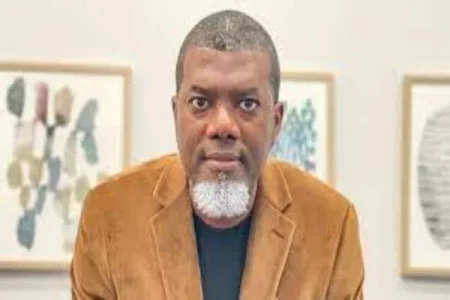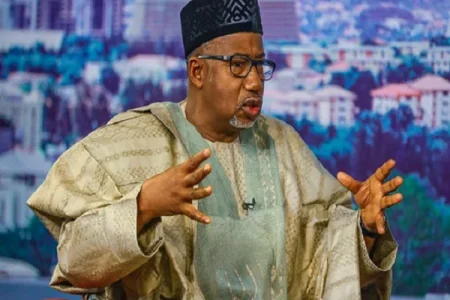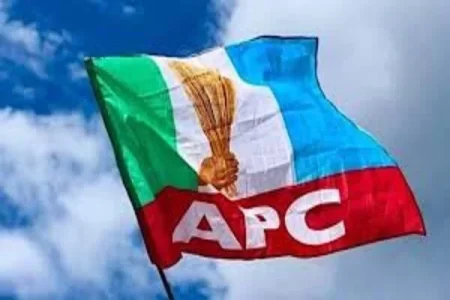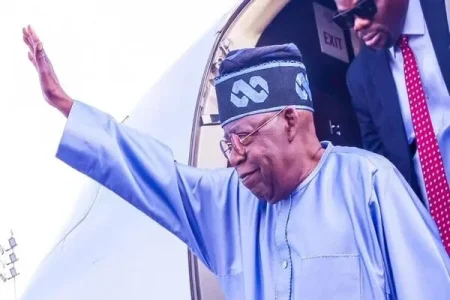
Renowned Nigerian author and activist, Reno Omokri, has stirred significant discourse within the political landscape with his recent statement urging caution in the handling of potential probes into President Muhammadu Buhari and Central Bank of Nigeria (CBN) Governor, Godwin Emefiele. Omokri's remarks come amidst growing calls for transparency and accountability within Nigeria's governmental institutions.
Speaking from his base in the United States, Omokri underscored the need for a comprehensive investigation into the actions of President Buhari and Emefiele, cautioning against any attempts to use them as scapegoats in broader political maneuvers. The activist emphasized the importance of holding all public officials accountable for their actions, regardless of their political affiliations.
The statement by Omokri has reverberated across political circles, particularly amidst ongoing debates surrounding governance, corruption, and economic policies within Nigeria. With the upcoming presidential elections looming on the horizon, Omokri's remarks have injected a new dimension into the political discourse, prompting discussions on the need for transparency and integrity in leadership.
Critics have pointed to Omokri's history of vocal opposition to the current administration, suggesting potential biases in his statements. However, supporters argue that his advocacy for accountability transcends political allegiances, advocating for a fair and impartial investigation into all matters of public interest.
The call for probes into President Buhari and Emefiele stems from various allegations ranging from economic mismanagement to human rights abuses, underscoring the complex challenges facing Nigeria's governance structure. As the nation navigates through these turbulent times, voices like Omokri's serve as reminders of the imperative for transparency and accountability in leadership.
In response to Omokri's statement, political analysts have highlighted the delicate balance between accountability and political maneuvering, emphasizing the need for impartial investigations conducted within the framework of the law. With Nigeria's political landscape becoming increasingly polarized, the call for transparency resonates deeply among citizens yearning for genuine progress and reform.
As the nation awaits further developments, Omokri's message serves as a rallying cry for a more accountable and transparent governance system, urging leaders to prioritize the interests of the Nigerian people above all else.




